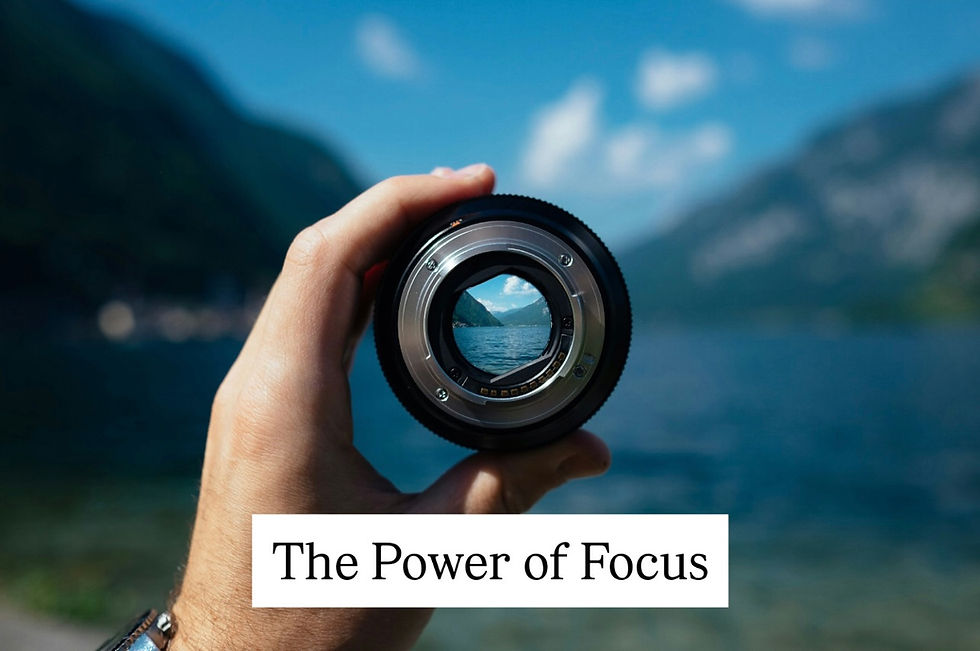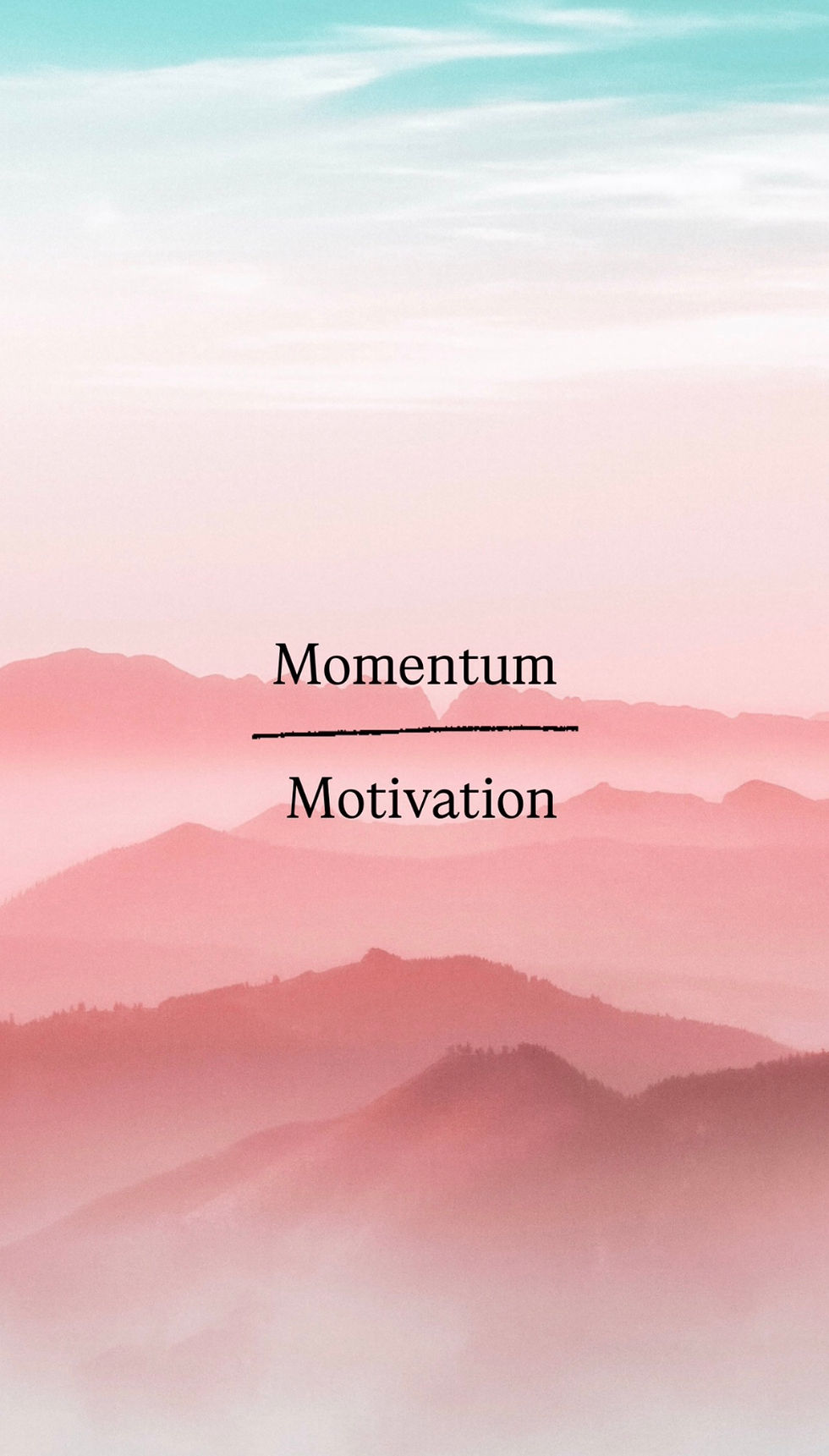Pride & Mental Health
- Suzanne Hamil
- Jun 21, 2022
- 3 min read

Welcome back & Happy Pride Month!
Most people know that June is LGBTQ+ Pride Month, but not many people completely understand the reasons behind it. Today my goal is to answer all of your questions and show you how important Pride Month is for everybody involved (even those who don't consider themselves part of the LGBTQ+ community).
Sections
1. Why June?
2. Why Pride?
3. Why is Pride Month so important?
4. How is Pride Month relevant to LGBTQ+ mental health?
5. How can I be a good ally?
1. Why June?
As we already know, Pride Month takes place annually in the month of June. But, why exactly did we pick June?
The first Pride parade took place on June 28, 1970 -- exactly one year after the 1969 Stonewall Uprising. The Stonewall Riots were the effects of a police raid at The Stonewall Inn, a popular gay bar in New York City's West Village. Although this was very common at the time (in NYC, LGBTQ+ people could not be served alcohol in public due to laws that considered the gathering of queer people to be disorderly), the patrons of the bar chose to fight back. The Stonewall Uprising lasted for a total of six days. Now, every year, Pride Month is observed in June to honor the riots, raise awareness for LGBTQ+ issues, and celebrate the lives of LGBTQ+ people.
2. Why Pride?
So, we understand why Pride Month is celebrated in June, but why is Pride Month called "Pride" Month?
Brenda Howard, the "Mother of Pride", is an activist and bisexual woman who is credited with popularizing the word "pride" in relation to the annual commemoration of the Stonewall Riots. Howard first led a rally for Stonewall in July 1969 -- one month after the riots. The following year in June, Howard and a committee of other activists organized "Gay Pride Week" and the "Christopher Street Liberation Day March". Howard’s week-long celebration and parade expanded to become the official New York City Pride march and Pride celebrations we know today.
3. Why is Pride Month so important?
Pride month is important to celebrate because...
- It serves as a reminder of The Stonewall Riots
- It emphasizes loving others AND yourself authentically
- It demonstrates the power found in diversity and human differences
- It promotes self-acceptance
- It honors LGBTQ+ activists and their fight for equality
- It proves to us that although we all different, at the core of everything we are all human just the same
- It raises awareness and advocates for improved education about LGBTQ+ topics
- It is a celebration of love and individuality for ALL people
4. How is Pride Month relevant to LGBTQ+ mental health?
During my research, I found two VERY great articles on LGBTQ+ mental health from Mental Health America, a nonprofit organization founded in 1909. I'll include a few of their most important points here, but both articles will be linked if you'd like to read more!
"Inequity harms mental health. While being LGBTQ+ is NOT a mental health condition or concern, LGBTQ+ individuals experience mental health struggles at higher rates than their straight and cisgender peers. Mental health challenges among the LGBTQ+ community are primarily due to individuals facing stigma, discrimination, and bias in many forms."
"With an increasing amount of anti-LGBTQ+ legislation being proposed and enacted across the United States, 2022 has been a particularly difficult year for many LGBTQ+ people whose identities are being politicized. Not only does each discriminatory bill harm the LGBTQ+ individuals that it directly impacts, it also sends a broader message that LGBTQ+ people don’t have the right to exist or thrive in the ways that non-LGBTQ+ folks do."
From: Pride And Mental Health
"It is really important to know that identifying as LGBTQ+ is NOT a mental illness or disorder.
Although being LGBTQ+ is absolutely not a mental illness, many LGBTQ+ people experience mental health struggles. The bisexual and transgender communities have the highest rates of mental health concerns within the LGBTQ+ population. Younger members of the LGBTQ+ community struggle the most with mental health concerns of all the age groups."
Knowing this now, it's clear how important Pride Month is. Pride has a huge positive impact on LGBTQ+ mental health. Having an entire month of love, support, and pride gifts a sense of belonging and community to so many LGBTQ+ people, especially those who wouldn't have access to a supportive network otherwise.
5. How can I be a good ally?
Below, I've attached a few resources that give super simple tips on how to be a better ally to any group of marginalized people (LGBTQ+, BIPOC, etc). The best tip that I can give you is to learn and listen as much as you possibly can. Allyship starts with education and continues with advocacy.
8 Ways To Be a (Better) Ally - Syracuse University
Be a Better Ally - Harvard Business Review
OUR GUIDE TO BEING AN ALLY - Women of Color for Progress
Thank you so much for taking the time to read today!
Be well,
Julia 🧚♀️



Comments